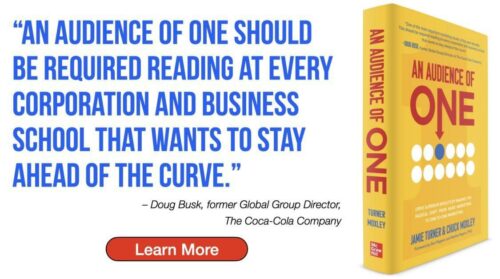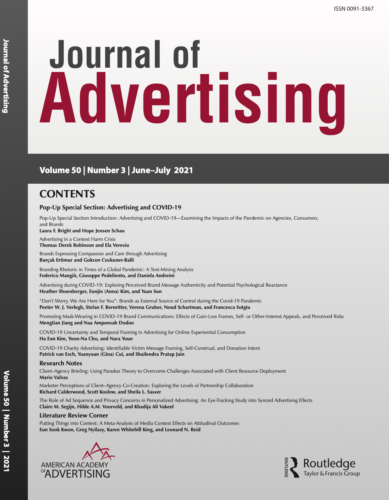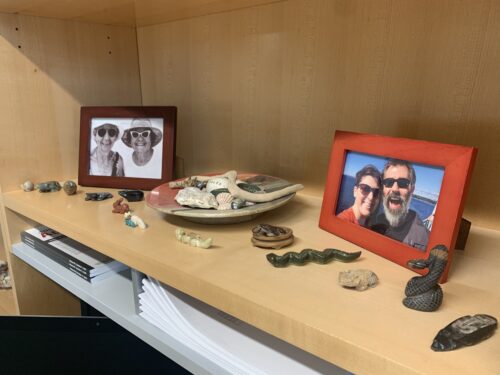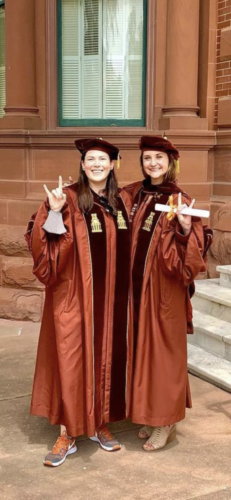I have a new publication out with two of my favorite co-authors – Dr. Gary Wilcox and Kristen Sussman – in the Journal of Marketing Development and Competitiveness. We used a fun dataset containing over 20,000 Facebook ads from a variety of industry verticals to better understand what drives advertising recall in social media environments over time.
Title: More Is (Not Always) Better: A Multi-Year Analysis of Advertising Effects on Ad Recall
Authors: Kristen L. Sussman, Laura F. Bright, and Gary B. Wilcox
Abstract: Using data from 46 businesses and over 21,000 ads, this study provides an analysis of the relationship between advertising spend, engagement and ad recall on Facebook. An initial analysis reveals that advertising spend, and post comments are positively associated with ad recall, while frequency is negatively associated. A second analysis, segmented the data by the advertiser objective of brand awareness, video views or post engagement and reveals additional insight into the relationships between the variables. It is concluded that Facebook offers an effective channel to drive recall, but that advertisers should be careful to avoid ad fatigue. In total, the results provide evidence that Facebook advertising can easily become intrusive, and that brand awareness driven advertising exhibit the most promising relationship with ad recall.
Keywords: engagement, brand communication, social media, recall, ad technology, Facebook advertising, ad fatigue, advertising effects



